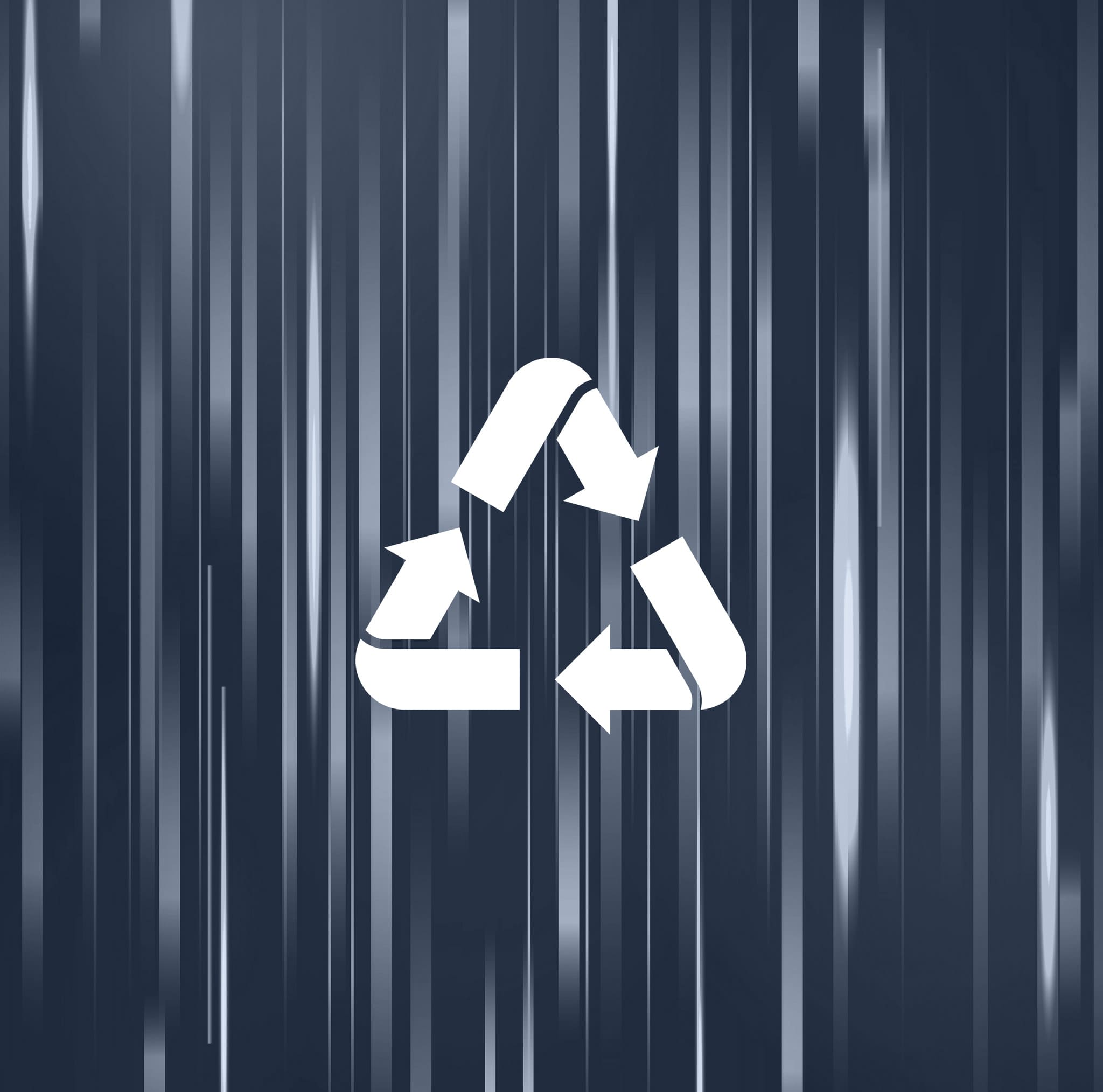
Innovation
in Focus
Enranom
Development of an energy-efficient and automated recycling process and plant prototype for the reuse of anode components in electrolytic metal extraction
As part of the operational program European Regional Development Fund NRW 2014 - 2020 (OP ERDF NRW), companies, research institutes and universities were able to submit project proposals in key market competitions on various topics to promote investment in growth and employment.
Under 93 applications, the project idea of the consortium consisting of the company Pentagal Chemie und Maschinenbau GmbH and the Chair of Reliability Engineering and Risk Analysis of the University of Wuppertal was proposed as one of 27 projects in the lead market competition "Energy and Environmental Economy": With the "Development of an Energy Efficient and automated recycling process and plant prototype for the reuse of anode components in electrolytic metal extraction [ENRANOM] "is to prototype a process that allows the insoluble anodes that wear during electrolytic metal extraction to be recycled in an energy efficient and automated manner.
The electrolytic metal extraction is an important process step in the primary production of non-ferrous metals, as this method achieves purities of more than 99.5%. The insoluble lead anodes used for electrolysis undergo degradation during the process, so replacement is required on a regular basis. Since the material lead is a toxic heavy metal, handling within a recycling process is not without its dangers. In addition, a pure separation of the anode components copper strap and lead plate is required.
The goals of the research project are:
Due to the optimized separation of copper brackets and lead sheath as well as an arbitrary frequent reuse of the copper bracket results in significant energy savings. In addition, automating the process to be developed minimizes workers' health risk by eliminating manual handling of lead.
The starting signal for the ENRANOM research project was given at the beginning of March 2016. The funding was approved for a period of three years.
PENTAGAL
Chemie und Maschinenbau GmbH
Carolinenglückstraße 35
44793 Bochum / Germany
Phone: +49 234 / 52 32 37
Fax: +49 234 / 52 29 89